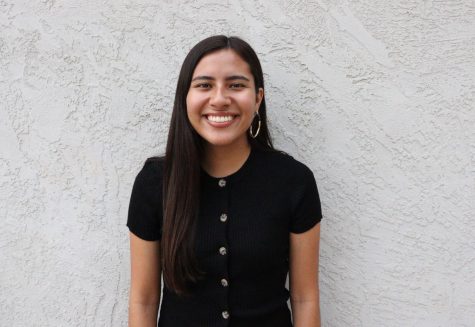As the 25th anniversary of the Student Congress of Racial Reconciliation approaches, junior journalism major Lailah Walker remarks that this year’s “Heritage” theme celebrates people from all backgrounds.
HERITAGE
Growing up, Walker did not see people in the mainstream media that represented her Black background. To her, media representation in diverse settings allows younger people to believe they are capable of accomplishing great things.
Walker recalled growing up with the image of a “white Jesus,” which created doubts on how Christianity could also be her religion. She felt as if there was a disconnect between her physical life and her spiritual life, but SCORR conference helped her bridge that gap. While attending SCORR, Walker felt that the Bible represented her background for the first time, thus connecting her Christianity with her reality.
CHOCOLATE CHAT
Walker set out to find a Student Enrichment and Intercultural Development affinity group after searching for a community her sophomore year. Walker, now the Chocolate Chat intern, describes it as a safe haven for Black women on campus seeking community. A reason she credits joining Chocolate Chat as one of the best decisions she has made was because of some of the mentors.
“I had no clue how many Black women actually worked on campus,” Walker said. “Now they’re like ‘Here’s where my office is, just stop by.’”
“EVERYBODY’S HISTORY”
Walker believes Black History Month is something to be celebrated, but she also believes Black history should be celebrated all year.
“I love it. I love the month. I love everything it stands for,” Walker said. “But I want us to reach a little bit further than that because Black history is everybody’s history.”
Black people have contributed to today’s culture and impacted society in many ways, according to Walker.
MORE TO LEARN
Walker wants others to know that their questions about Black history and other cultures are welcome on Biola’s campus. She highlights SEID as a resource for curious minds to seek advice on how to go forth in conversations about diversity.
“If you’re curious about something, and you want to know, go for it,” Walker said. “Don’t limit your education because you’re scared.”












